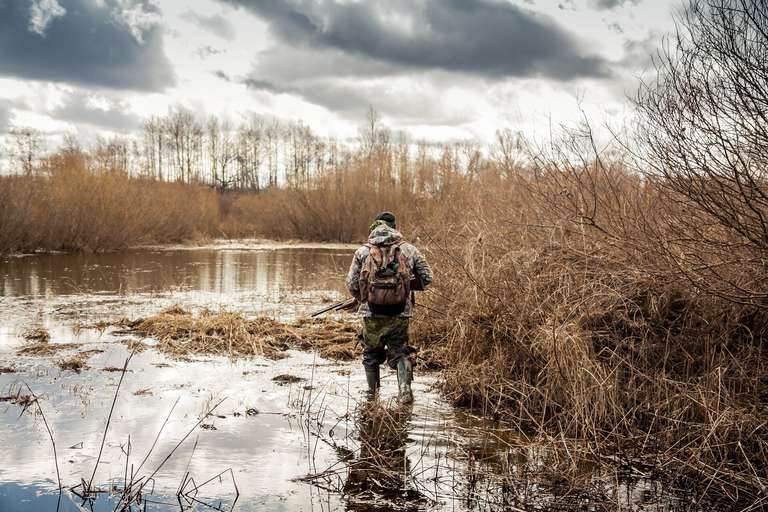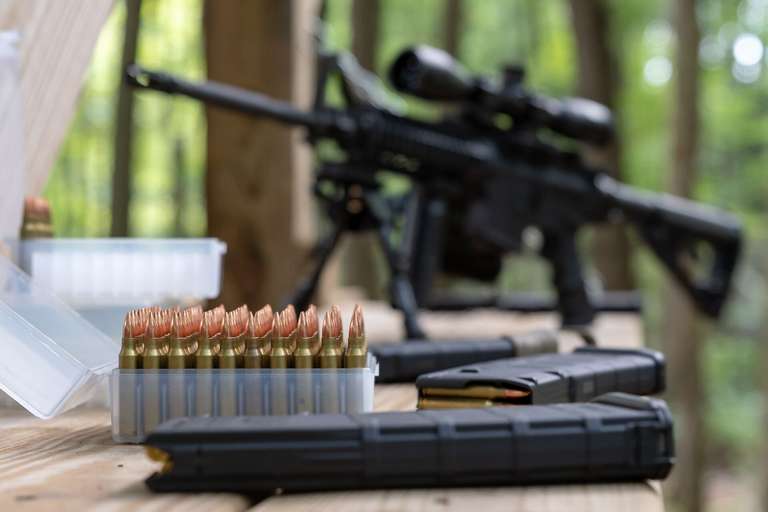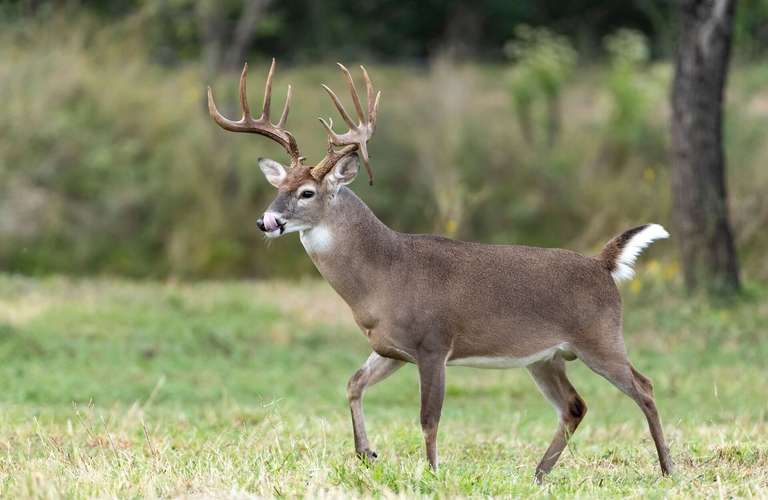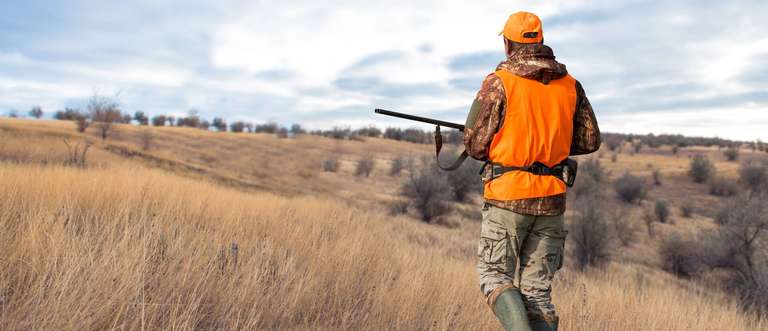Open Season Hunting: What Does It Mean?
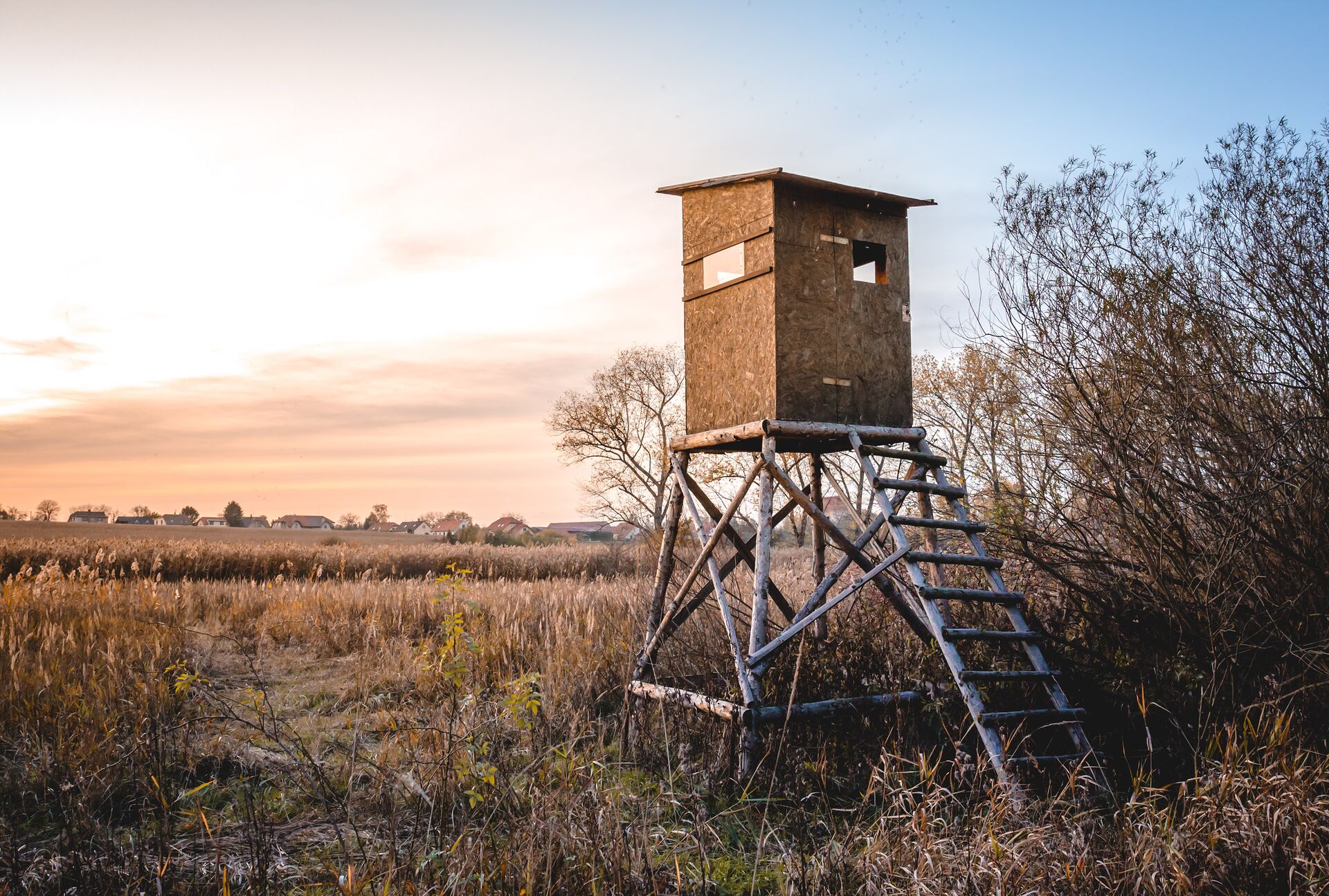
If you're like me, you know the anticipation that builds as the open season approaches. I think about hunting constantly, and as fall approaches, it can even keep me up at night – but what exactly does "open season hunting" mean, and why is it so important?
Understanding when to hunt is an important hunter education concept. So, let's break it down today.
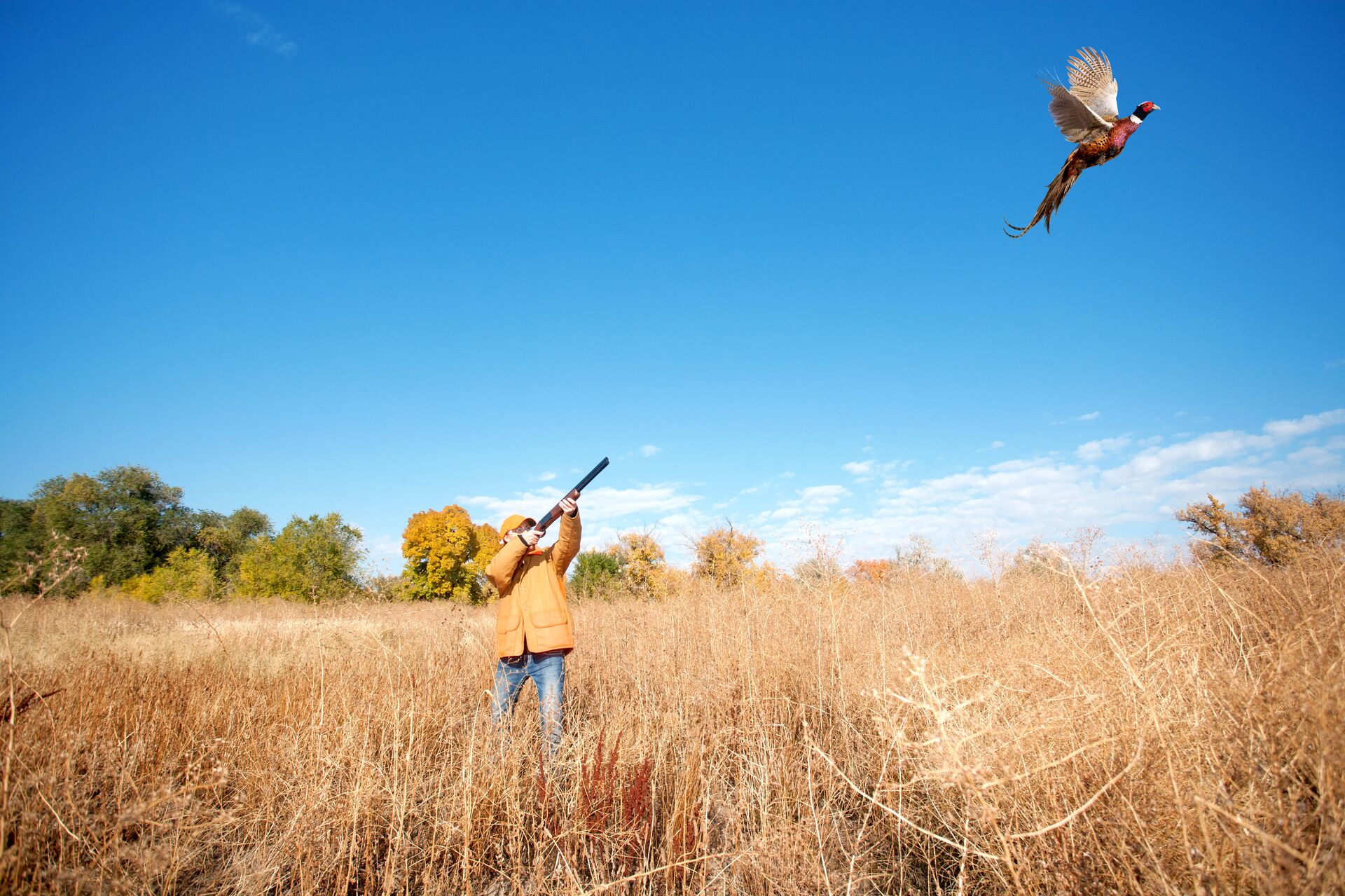
The Definition of "Open Season"
Open season is the designated period when hunting a specific type of game is legally permitted in a specific area.
For example, most states allow big game and waterfowl to be chased in the fall. However, for turkeys and some other species, the spring might be the permitted time.
During the open season, hunters can pursue their favorite game legally and ethically. It's the time we all wait for, but it's more than just a date on the calendar.
What's the Purpose of Open Season?
The main goal of the open season is to manage wildlife populations.
Wildlife agencies can set specific hunting times to ensure that species are hunted sustainably with specified population dynamics in mind. This helps keep animal populations healthy, preventing overpopulation and its problems.
There is always a fine line for maintaining carrying capacity in any given area, and defining open seasons for hunting a species helps maintain healthy wild game populations.
The Regulatory Framework of Open Seasons
State wildlife agencies play a crucial role in setting open season dates. They use data on animal populations and ecological factors to determine the best hunting times.
Some open seasons can be closed by a specified number of animals harvested from a specific area. For example, Montana sheep hunting is regulated in this way. These decisions aren't arbitrary; they're based on science and careful observation.
Legal Compliance Is Enforced
Hunters must follow the regulations set by these agencies. This includes getting the proper licenses, following bag limits (the number of animals you can take), and using specified weapons.
Ignoring these rules is unethical, can lead to fines or worse, and undermines the conservation efforts that the open season aims to support.
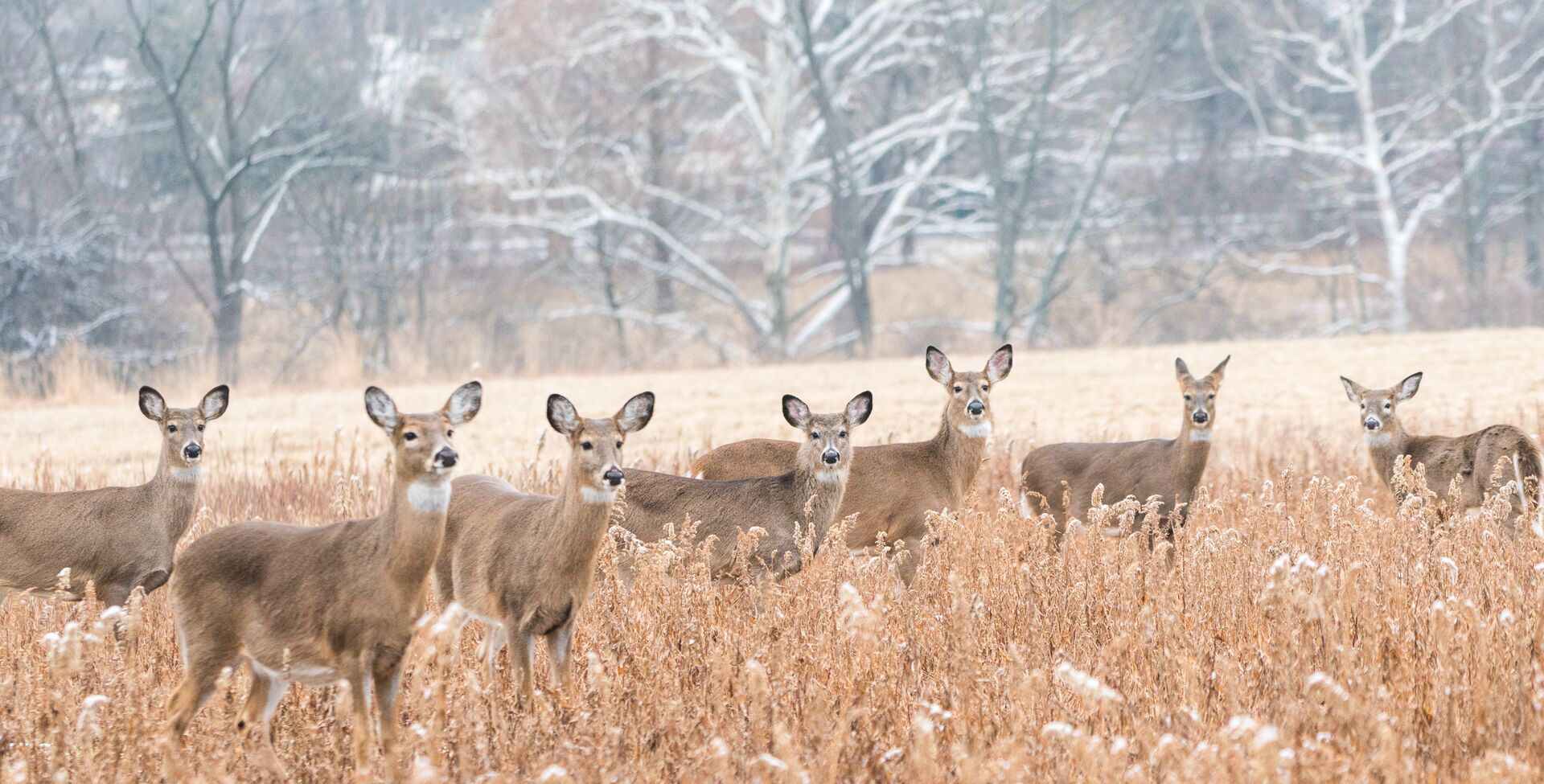
Open and Closed Season Dates Support Conservation Efforts
Open seasons play a huge part in maintaining balanced ecosystems. Hunting during these periods prevents certain species from becoming overpopulated. That can lead to habitat destruction and other environmental issues.
Regulated hunting season also supports biodiversity. By controlling the population of one species, you help maintain a healthy habitat for many others.
This fine line has to be walked, and sometimes it isn't apparent, as is the case in managing invasive species that have been on the landscape in an area for long periods, such as wild pigs in Hawaii.
It's a delicate balance, and an open season is key.
Hunting Ethics and Responsibilities
Ethical hunting is at the heart of the open season. This means giving the animal a fair chance, not using unfair advantages.
The principles of fair chase ensure that the hunt is challenging and respects the animal. However, each hunter has to decide their ethical limits within the overall structure of the open season assigned by game officials.
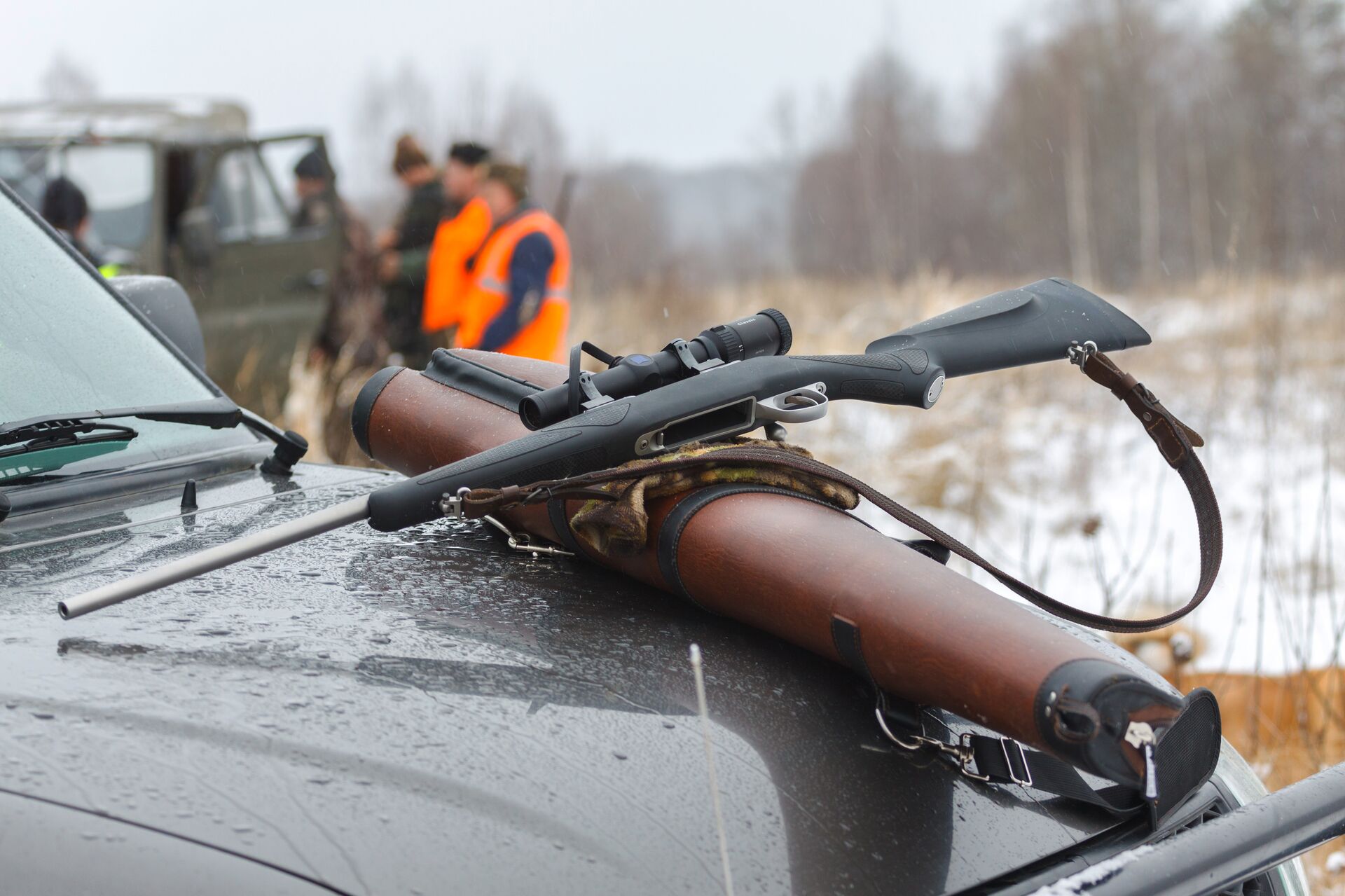
Tips to Prepare for the Season to Open
Now that you understand why open-season hunting is essential, here are a few tips to get you ready for next season!
Scouting and Research
Before the season starts, do your homework. Research your target species and the designated hunting areas.
Using data from e-scouting and then putting boots on the ground and truly walking the area before the open season is a great way to help you return home safe, happy, and successful from your trip.
Check Your Equipment
Make sure all your gear is in good condition and meets legal requirements. This includes your firearm, clothing, and any other equipment you'll be using.
A successful hunt starts with being well-prepared. I personally keep spreadsheets of my gear for all of my hunting adventures. Some gear crosses over, while other gear is for one open season and not the other.
Take a Hunter Education Course
All States require a hunter education course before you go into the field for the first time. These courses cover hunting laws, safety, and ethics.
However, even if your state doesn't require it, taking a hunter safety course is still a good idea. The knowledge you gain can make you a better and safer hunter, leading to more open-season hunts!
Develop Your Skills
Practice makes perfect.
If it's a topic in your hunter's education course or in the rules specified by the area you're hunting in, study up! Game identification, understanding natural habitat and animal behavior, and choosing weapons and gear are all worth a look.
Also, spend time honing your marksmanship and blood-tracking skills. The more prepared you are, the more successful your hunt will be. Plus, practicing these skills is part of the fun.
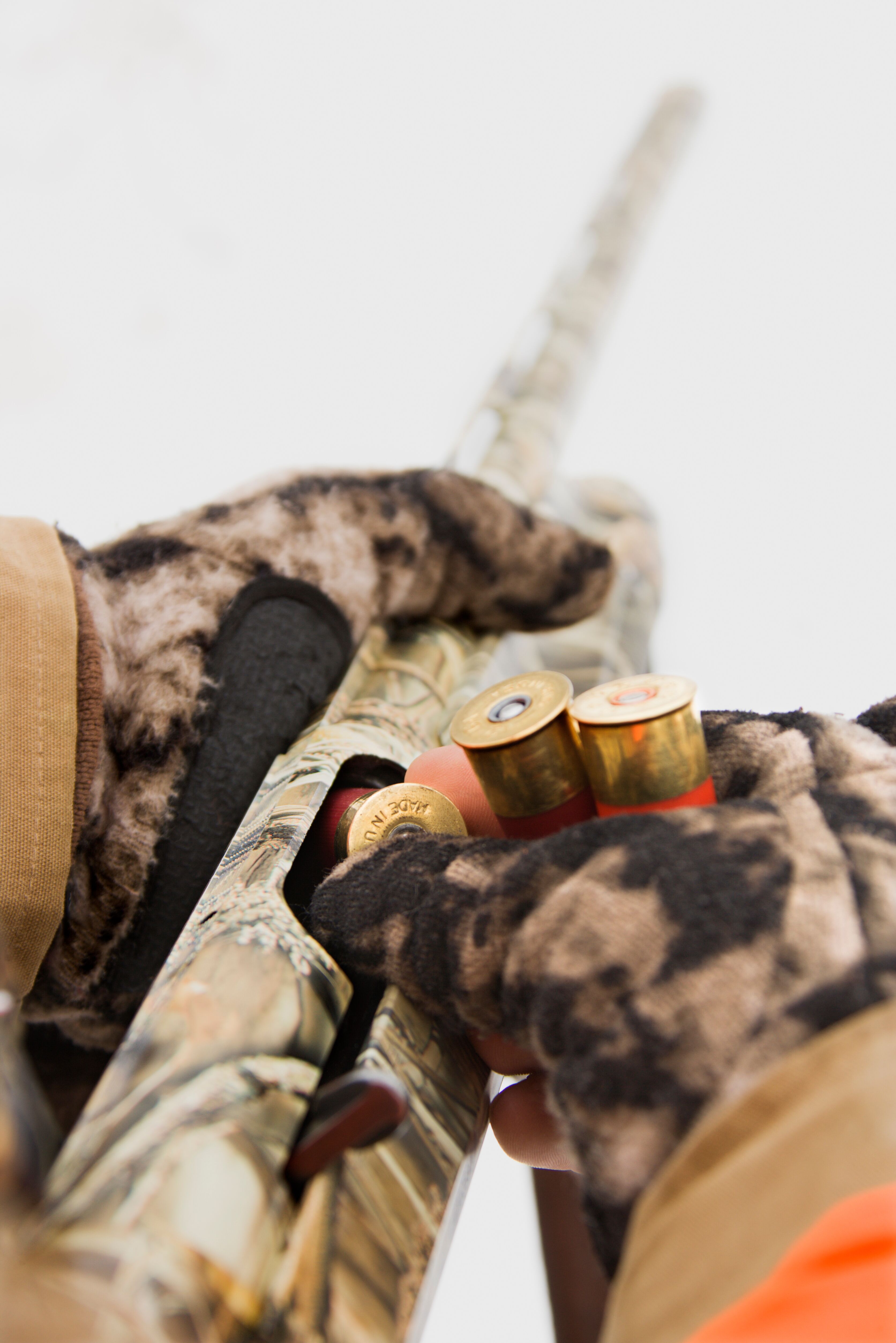
Get Ready for Opening Day with ilearntohunt
Open seasons are special; they are carefully regulated periods that balance the needs of wildlife with the passion of hunters. If you understand and respect the rules, prepare thoroughly, and practice ethical hunting, you can make the most of this special time while contributing to conservation efforts.
So gear up, research, and prepare for the first sunrise hunting season.
Don't forget your hunter education! Before jumping into an open season for Archery Elk in Colorado, I took a hunter safety course because I didn't have proof of my archery education. Carrying that certificate is a requirement in Colorado, among other states. Brushing up on my hunting knowledge was invaluable and helped me meet the requirements for hunter education.
Taking a course through ilearntohunt provides a unique, engaging, interactive, and gamified learning experience, unlike other hunting education courses, while meeting the requirements for states supporting our courses. So, as you prepare for the upcoming open season, find the course for your state and start learning!

